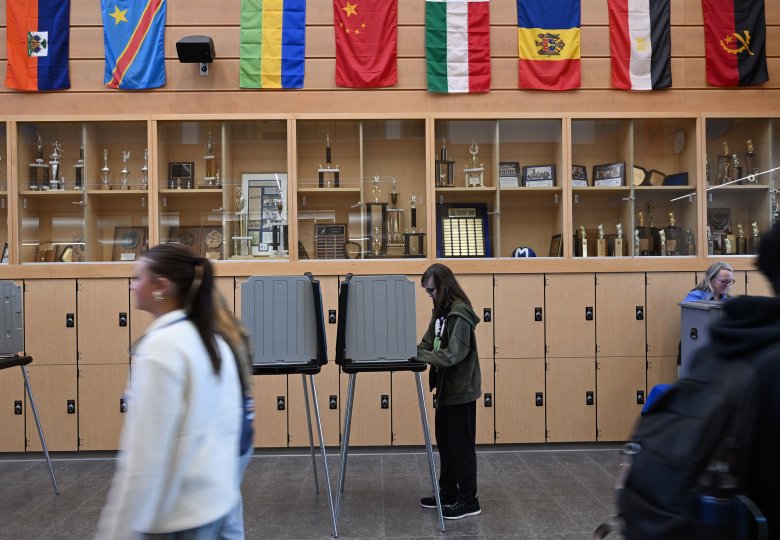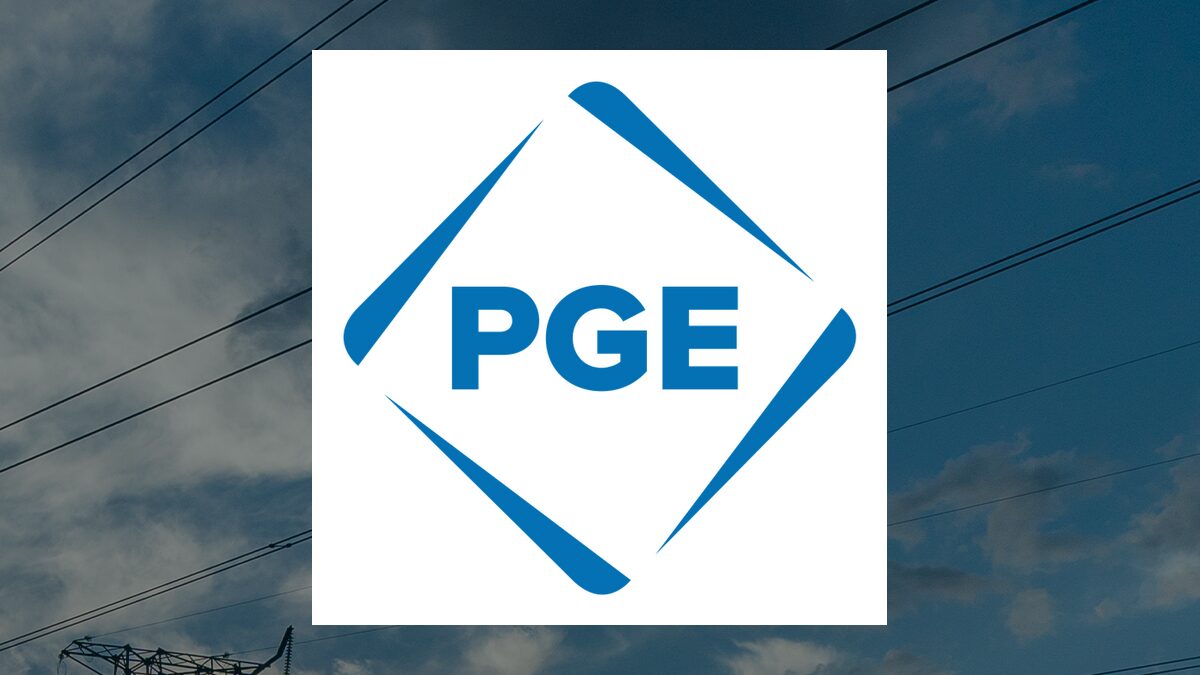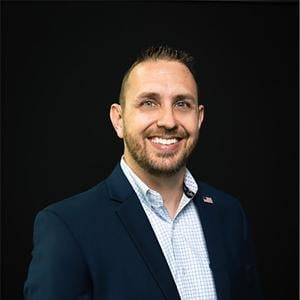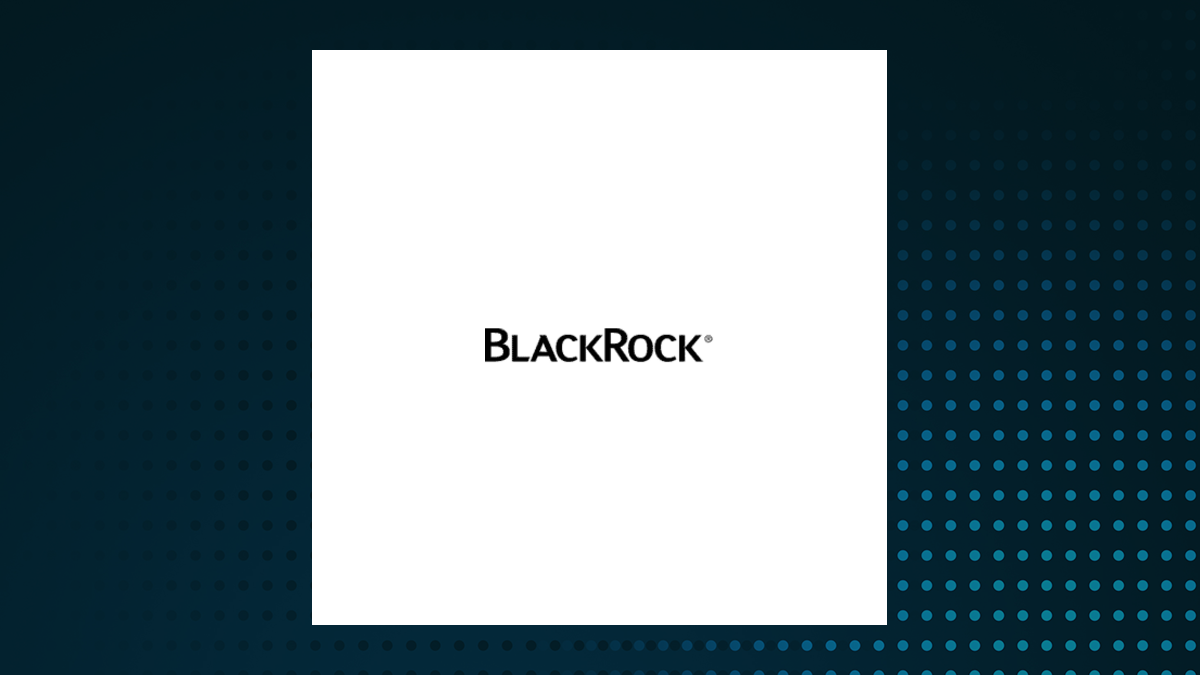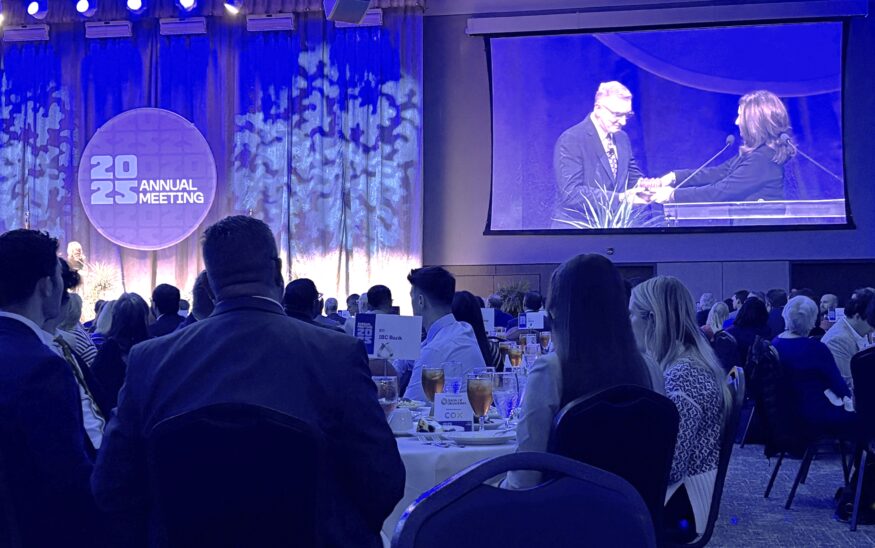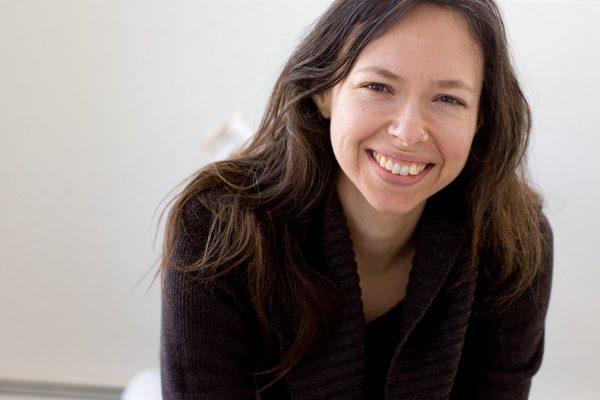Students across Maine participated in a significant educational exercise on November 7, 2023, as they engaged in mock elections mirroring the real statewide ballot initiatives. At Morse High School in Bath, students tackled the same contentious questions that would shape the future of their state, offering a glimpse into how the younger generation perceives civic engagement.
The mock elections, organized by the Maine Secretary of State’s office, allowed students from 78 participating schools to cast their votes on two real questions appearing on the upcoming ballot. One question, known as Question 1, proposes that voters must show photo identification in order to cast a ballot and includes adjustments to absentee voting. The second, Question 2, aims to establish a “red flag” law enabling law enforcement to confiscate firearms from individuals deemed to be in crisis.
Students Weigh In on Key Issues
Upon arriving at the polls, many students encountered these questions for the first time. Some, like tenth-grader Logan Corey, acknowledged the pressing nature of Question 2, stating, “I think it’s just a little bit on everyone’s minds.” Conversely, students expressed less familiarity with Question 1. Freshman Tim Brosnihan articulated concerns regarding accessibility for elderly voters, sharing that his grandmother, who is nearly 90, does not have a driver’s license. This motivated him to vote ‘no’ on Question 1.
This mock election marked the inaugural opportunity for students to participate in such a process, aimed at fostering an understanding of civic duties and encouraging future voter turnout. Secretary of State Shenna Bellows, who visited Morse and several other schools during the elections, highlighted the importance of this initiative. “We know that when students practice voting, they are more likely to vote,” she remarked, emphasizing the vital role young people play in shaping the future of their communities.
Engagement and Learning Opportunities
At Morse High School, approximately one-third of the student body, totaling 189 students, participated in the mock election. Reports indicate that the outcome of these student-led votes often aligns closely with actual election results. For instance, since 2008, students have successfully predicted the winning presidential candidate in every election, including the most recent one.
As students made their way to the voting booths, they experienced the electoral process firsthand. Poll workers verified their names, and students filled out their ballots at designated voting booths set up by the city of Bath. Upon completion, participants received “I Voted” stickers, adding a tangible element to their civic experience.
Junior Willow Halpin, president of the Interact Club, which coordinated the mock election at Morse, noted a difference in student engagement compared to last year’s presidential mock election. “This year, students have less solidified opinions on the questions,” she observed. Many students sought guidance on how to vote, demonstrating a desire to understand the implications of their choices.
To aid in their understanding, Interact Club provided resources, including simplified explanations of the ballot questions and a podcast titled Pine State Politics, developed by Morse alumna Natalie Emmerson. For many students, casting a vote in this mock election was a valuable opportunity to express their opinions and practice for future participation in real elections.
As results are anticipated to be released on the morning of November 8, 2023, students at Morse voted ‘no’ on Question 1 and ‘yes’ on Question 2, reflecting their views on these critical issues. This mock election initiative underscores the importance of engaging young citizens in the democratic process, preparing them to be informed voters in the future.

